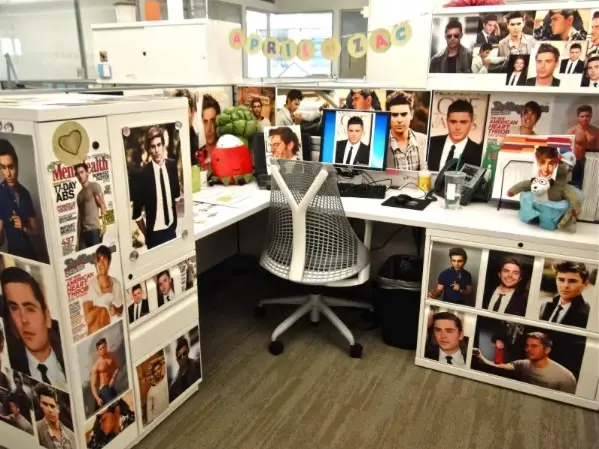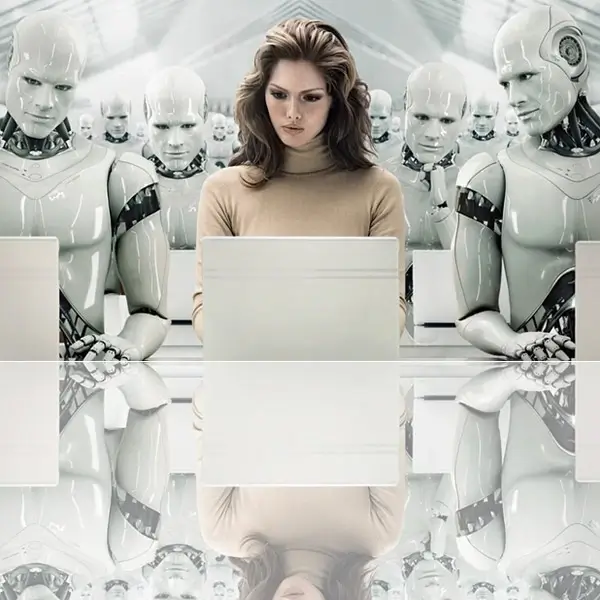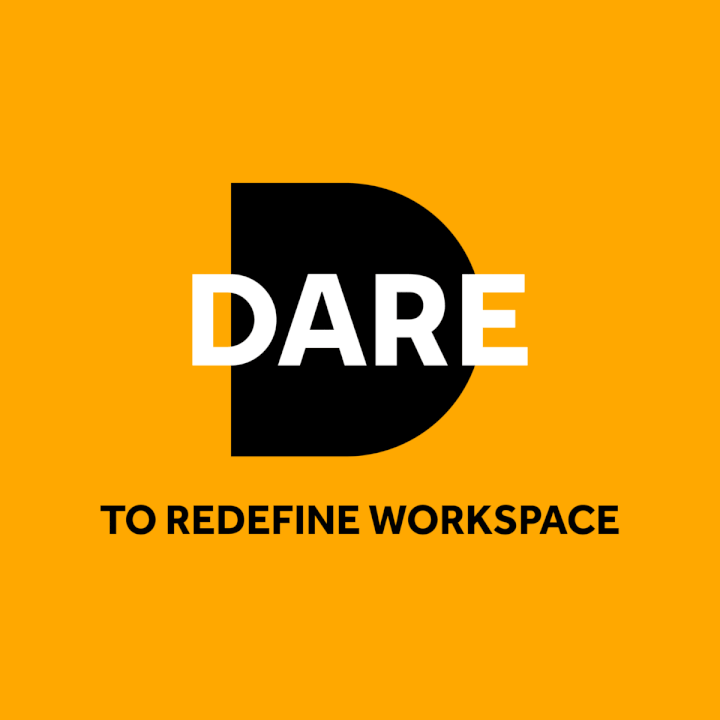There has been a lot of press recently about advances in AI and robotics. The theme this year in Davos at the World Economic Forum was the effect developments in artificial intelligence will have on the world of work. The WEF believe that the "Fourth Industrial Revolution" is already underway and it's not looking too promising for your job. They estimate that over the next five years, automation and robots will eliminate 5.1 million jobs globally. This is made increasingly obvious by recent developments as “Google achieves AI 'breakthrough' by beating Go champion” The Breakthrough has allegedly happened 10 years faster than anticipated this advance has far reaching implications in that we are getting ever closer to an age where machines can replace humans in not just unskilled labour market but also across the professions.
The office workforce of the future?
So how do businesses prepare themselves for this 4th industrial revolution? The WEF report identifies The jobs that are most at risk are office and administrative roles, which are expected to be impacted by “a perfect storm of technological trends,” this will have significant implications for the offices we design as the number of human occupants of these workplaces decline.
However, there is no need to panic as it would appear that we saw this coming. For at least the last decade real estate professionals, workplace strategists and designers have been hard at work dehumanising the office. The strategists concern themselves only with the data and ignore the people, the real estate professionals look only at the numbers and stats generated by these strategists and others, whereas the designers design unquestioningly in accordance with data in the quest for the perfect aesthetic and people have always been an inconvenience in this pursuit. Last year I worked on a project where we were not allowed to consult the end users of the space prior to or during the design phases of the project, the companies real estate team set the brief based on numbers and were happy to completely ignore the requirements of the occupants. This is not unusual, since the advent of the third industrial revolution, the onset of “the digital age” our obsession with data and its relevance has been growing. We frequently ignore or treat perception, emotion and intuition as irrelevant when it comes to strategizing and designing workplaces, data overrides people every time.
We are repeatedly told by employees that they like owning a piece of the office that it is important for them to have their own space and so too is the ability to personalise this space as it makes them feel valued by their employer. It is also proven that employees that are happy in their environment and feel valued by their employer are more productive. Yet every real estate team and workplace strategist I work with demonise space or desk ownership and or the personalisation of individual workspaces. As designers we too often cringe at employee personalisation of space as unsightly and messy simply ruining our designs. Strategists and real estate teams cling to the data gathered from utilisation studies to further justify the alienation of the very workforce the office is supposed to support. On so many occasions I have asked the question “have the team been consulted” only to receive a resounding NO as an answer. It would appear that nobody seems to ask the people what they want because they simply don’t matter anymore. This is obviously because we all have known for some time that the human as an office occupant is in decline and will soon become extinct.

Unsightly & Messy or a beautiful example of creative self-expression?
Unfortunately this is where the problem lies. While it has been fine for institutions like banks to dehumanise their workplaces and treat the vast majority of their staff who fulfil back office processing tasks like the machines they will eventually be replaced by. This is a mistake, as we embark on the 4th industrial revolution people will become more important, not less. This is because the roles that an AI machine will not be able to fulfil for at least the foreseeable future are the roles that require perception, intuition, emotion, instinct and creative thinking. Just like any other endangered species the talented employee with an abundance of these abilities will enjoy a protected status. They will be a prized possession for most companies, sought after and indulged. People will aspire to be like them and employers will wish there were more of them. As such the environments we create will need to nurture, embrace respond to and support them. The companies that will succeed and thrive in the next industrial revolution will be the ones that listen to their talented employees and value them. Those that start this process now will have a solid foundation of loyal employees because they will recognise that their employer valued them and listened to them when others wouldn’t. Let’s just hope that once this revolution gets under way that real estate professionals, strategists and designers haven’t forgotten how to listen to people, value people’s emotions and perceptions over data and create environments that are humanistic or we may find that it is not looking too promising for our jobs.





